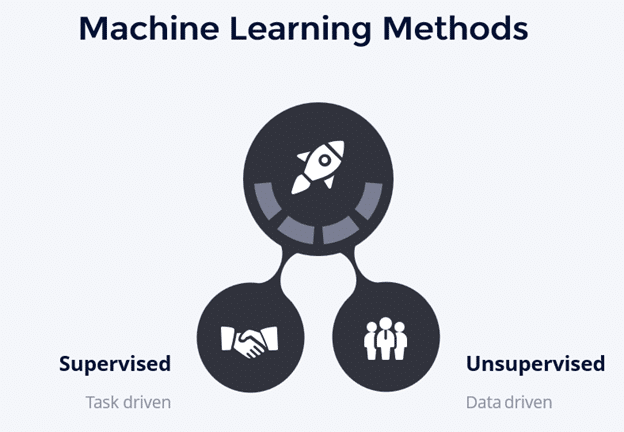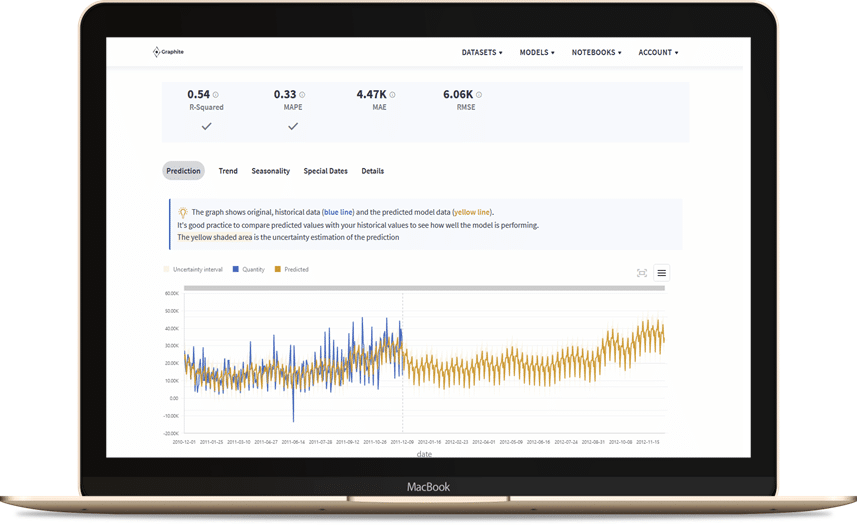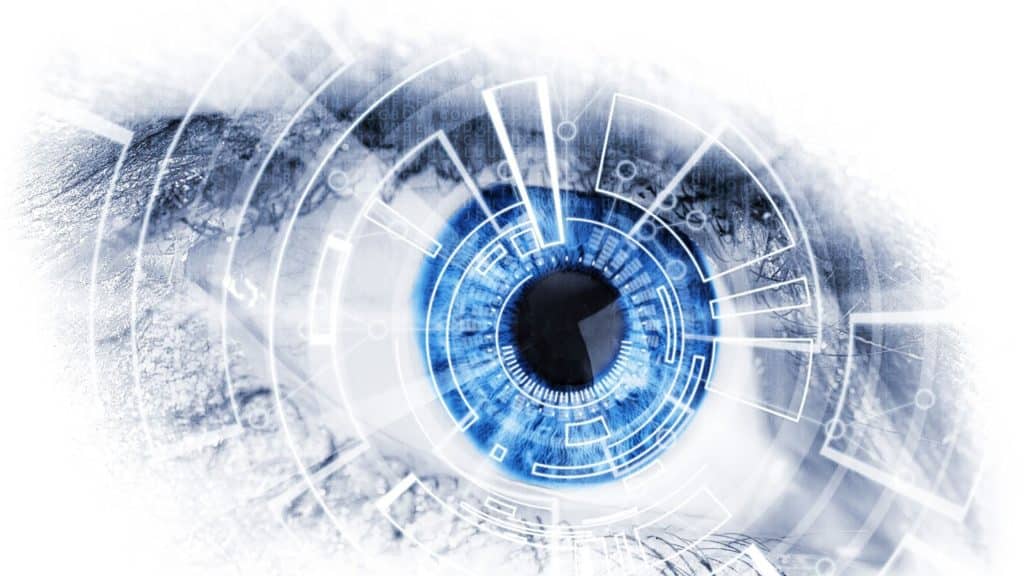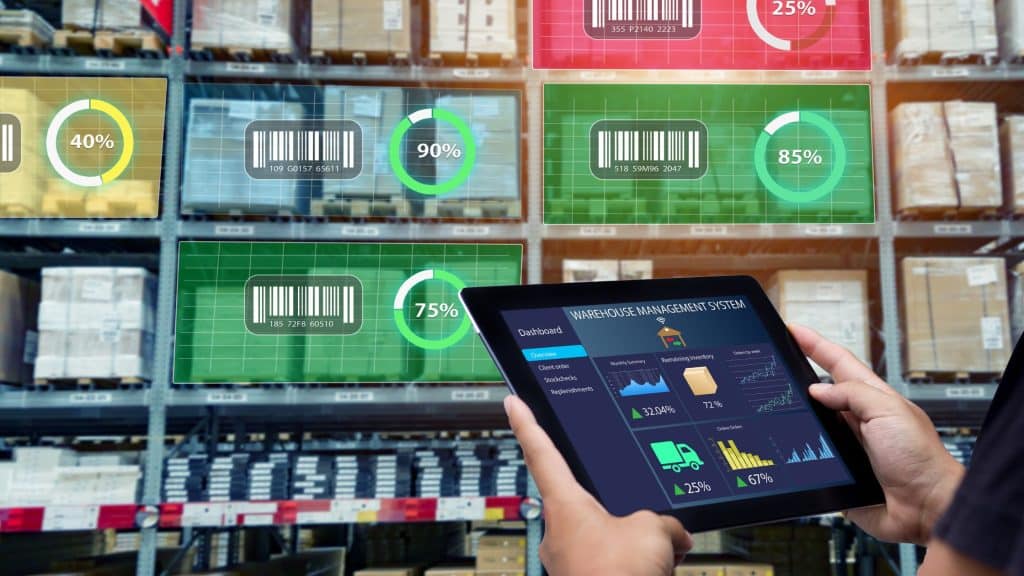Machine learning is a process of teaching computers to learn from data without being programmed. Machine learning is a subfield of artificial intelligence that enables computers to learn from experience and understand natural language. Machine learning plays an important role in business, with its applications affecting a multitude of industries and sectors.
What is Machine Learning?
Machine learning involves using algorithms to enable computer systems to learn from data and make predictions or decisions without explicit programming. The machine learning algorithm learning process involves training data. Training data sets are used to develop machine learning models that can analyze new data and provide valuable insights. As a branch of data science, machine learning technology involves constructing and studying algorithms that learn from data and use that knowledge to make predictions by detecting patterns in the data. Using artificial intelligence (AI), machine learning empowers software applications to predict outcomes more accurately and automatically without being programmed to do so, while also enabling systems to learn and improve from experience.
According to a 2021 PWC survey, 86% of respondents agreed that AI had become an integral part of their business. Over 52% of respondents in companies and workplaces across the globe also acknowledged the effects of the COVID-19 pandemic in accelerating plans to adopt machine learning and artificial intelligence. The primary methods of ML models include:

- Supervised machine learning: In supervised learning, the algorithm is trained on a labeled dataset. Each training example is paired with an output label. The machine learning model learns to map inputs to the correct output. Supervised machine learning is used for tasks like classification and regression.
- Unsupervised machine learning: Unsupervised learning involves training the algorithm on data points that do not have labeled responses. The machine learning model tries to identify patterns and relationships in the data. Unsupervised machine learning is often used for clustering and association tasks.
- Semi-supervised machine learning: This method is a combination of supervised and unsupervised learning. Semi-supervised machine learning uses a small amount of labeled input data and a large amount of unlabeled data for training. This can improve learning accuracy when labeled data is scarce.
- Reinforcement learning: In reinforcement learning, the algorithm learns by interacting with an environment and receiving feedback in the form of rewards or penalties. Reinforcement learning is used in decision-making scenarios, including robotics and game play.
What is Machine Learning Used For?
Machine learning applications include areas such as natural language processing, computer vision, and recommendation systems. These applications rely on different types of machine learning algorithms, including supervised learning, unsupervised learning, and reinforcement learning. Deep learning, a subset of machine learning, utilizes neural networks to process complex data and is particularly effective in tasks such as facial recognition and autonomous vehicles. The machine learning industry continues to evolve, with innovations in deep learning algorithms and the integration of artificial intelligence driving advancements in various fields, including supply chain management. In the finance industry, machine learning technology is deployed for fraud detection, helping to identify suspicious transactions and reduce financial losses. Similarly, in the healthcare sector, machine learning models assist in predictive analytics, enabling early diagnosis and personalized treatment plans. Machine learning technology is essential for optimizing supply chain operations, improving predictive maintenance, and enhancing customer experiences through personalized recommendations. Using data analysis and data mining techniques, businesses can gain actionable insights that lead to improved efficiency and reduced costs.
Why is Machine Learning important?
One of the primary reasons machine learning is important is linked to its ability to enhance decision-making processes across various sectors. Machine learning is a powerful tool that enables businesses and organizations to harness the potential of big data and artificial intelligence. From improving fraud detection systems to revolutionizing autonomous vehicles, machine learning is far-reaching and continues to shape the future of technology. Machine learning models have been used for:
- facial recognition.
- weather forecasting.
- revenue forecasts.
- predicting sales conversion.
- fraud detection.
The possibilities are endless, and we are only just beginning to scratch the surface of what machine learning can do.
As machine learning models become more sophisticated, the importance of AI ethics and responsible data usage becomes paramount. Ensuring minimal human intervention while maintaining data quality and privacy is critical for the sustainable development of machine learning solutions.
Machine Learning Applications for Your Business
Lead Scoring Model
A lead scoring model is a machine learning model that helps your business predict which leads are most likely to convert into customers. To build a lead scoring model, businesses need to have access to:
- demographic data,.
- behavior data.
- purchase history.
- and other data points from their CRM system.
Once the model is built, you can use it to score new leads and prioritize them for sales representatives. This empowers you to focus your sales efforts on the leads most likely to convert, leading to more closed deals and increased revenue. Remember: the more quality data you feed your machine learning model, the better your results will be.
Customer Churn Model
In machine learning, the churn model is a binary classification model that can be used to predict whether a customer will cancel their subscription or not. The model is trained on a labeled dataset of past customers, where each customer is classified as either “canceled” or “not canceled.” After the model is built, you can use it to predict which new customers are most likely to cancel in the future. Your customer success team can then use this information to reach out and prevent churn before it happens. For example, they may offer a discount or additional services to customers at risk of canceling. A churn model is an essential tool for subscription-based businesses. It’s also used for other business models such as retail, e-commerce, and SaaS.

Real-Time Chatbot Systems
Real-time chatbot systems use machine learning to monitor conversations and constantly identify opportunities for improvement. For example, if a customer service chatbot is having difficulty understanding a customer’s question, the system can flag this issue and send it to a human agent for review. The agent can then provide feedback to the chatbot, which can help improve the chatbot’s understanding of the customer’s needs. This feedback loop ensures the chatbot is constantly learning and improving, making it more effective at delivering excellent customer service.
Decision Support
Machine learning algorithms can automatically identify patterns and correlations in data, making it possible to generate insights that would otherwise be difficult or impossible to find. For example, a retail company might use machine learning to analyze customer purchase history and identify behavior patterns that could indicate future needs or preferences. By understanding these patterns, the company can make better decisions about product stocking, marketing, and sales strategies. Machine learning can give businesses a significant competitive advantage, helping them make better decisions.
Customer Recommendation Engines
Customer recommendation engines are machine learning algorithms that predict what products or services a customer is likely interested in. Many businesses, from online retailers to streaming services, use recommendation engines to personalize user experience and increase sales. Customer recommendation engines use a variety of data sources, including purchase history, web browsing data, and social media activity, to create accurate recommendations. The algorithms analyze this data to identify patterns and correlations. The recommendation engine will suggest to the customer what they might want to buy or watch next. Some businesses develop customer recommendation engines, while others offer many off-shelf solutions. These algorithms are constantly evolving.
Learn more about the benefits of using machine learning
Are you ready to see how using ML algorithms can help you enhance your business? You don’t need a team of data scientists to add ML techniques to your business operations. Contact us today if you’re interested in learning more about how machine learning can help your business grow, or explore Graphite Note Use Cases.




